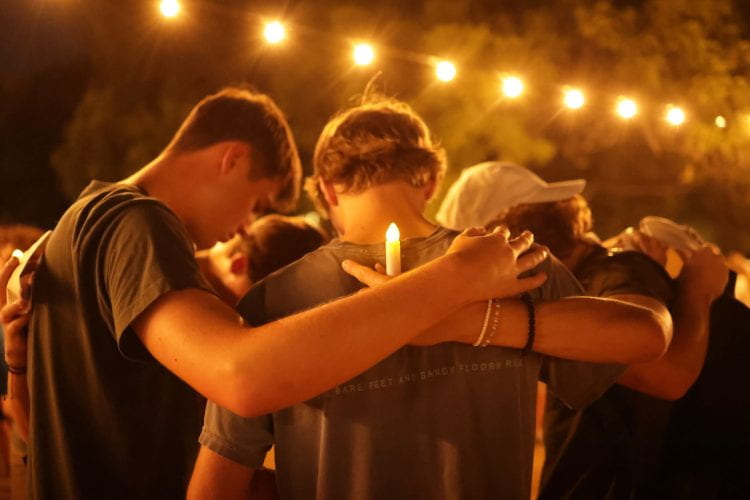I was in a fraternity in college.
Yes, I’m aware that in 2023 that statement comes with a lot of baggage. However, for all the beauty – fellowship, service, and philanthropy – and the real brokenness I witnessed in Greek life, my fraternity was my first, authentic classroom for leadership lessons, and no experience was more instructive than recruitment.
The recruitment process, also known as “Rush,” may be the most revealing undertaking of any fraternity because, at its best, it’s when potential new members are sought out, taught, and shown what the fraternity values in hopes that new pledges might value the same things and want to devote themselves to the fraternity and its causes. My fraternity’s guiding motto for recruitment was “Replace Yourself,” signifying (in a perfect world free from sin, of course) that if every year, each well-rounded member of the organization found another new member like himself, the chapter’s longevity and continuous goodwill would be guaranteed.
This brings me to school leaders. Though it might be the perception, administrators are not the only leaders in a school. And it’s this fixed and narrow definition of a leader that poses the first obstacle to sustainable and effective school leadership. In his book, Leading Together, Dr. Jon Eckert writes that leadership is “about the work instead of the individual, position, or personal characteristics,” and one of the responsibilities of school leaders is to be about the work of replacing themselves with the next generation of leaders. (2018, p. 10) As Eckert goes on to write, most school leaders are “probably stretched too thin” and “exhausted by the tyranny of the urgent” in their day-to-day operations. Meanwhile, “there is untapped potential for teacher leadership” all around these borderline burnt-out administrators. (16)
As an assistant principal, even among a group of three other administrators solely dedicated to serving our upper school, the temptation to keep plugging away behind closed doors and not burden teachers and other staff with projects is real. Yet by not sharing the load with others or making use of the strengths of the people outside of the room, I’m not only missing out on brilliant perspectives and skills, I’m also hurting our school’s ability to maintain a standard of excellence when the day comes for someone else to sit in my slightly squeaky office chair.
Eckert also writes, “It is not possible for 10 percent of an organization to do the necessary leadership work to meet organizational goals.” (16) The process of leading a school is not like a four-person chemistry project team, in which one girl in the group will make sure the work gets done on her own. In that case, it will be painful, but she’ll put the team on her back, and everyone will be satisfied enough with their grade. No, in this case, there will be all the pain, and the work will still be incomplete if there is not collective ownership. BCSL Fellow Anna Surratt touched on this in her recent post when she described ownership as “an invitation into committed action over time.”
Jesus Christ himself showed us that, ultimately, leadership is a kind of death through self-sacrifice, and all the best school leaders I’ve worked with actively plan for the day when they’re no longer around. Today, they are teaching and collaborating with the leaders who may replace them, so that tomorrow those same teachers and administrators are equipped to lead well and find the new paths their schools will need to flourish. The best school leaders don’t make their schools monuments to themselves, but rather lose themselves in service to their faculty, students, and the mission and vision of the institution having left titles far behind.
Every school, like every organization (and yes, fraternity), requires careful stewardship and shepherding because each is just one unhealthy generation of leaders away from decline. What kind of shepherd are you, and are you looking beyond the horizon to develop the next shepherds who will be tending your flock?

Tim Hilliard is an Assistant Principal at a private Christian school in Fairfax, Virginia, and a current student in Baylor’s Master of Arts in School Leadership program. He holds a Bachelor of Arts in English and a Master of Teaching degree. This is his third year in Christian education. Prior to becoming an administrator, Tim spent five years teaching high school English in a North Carolina public school.
